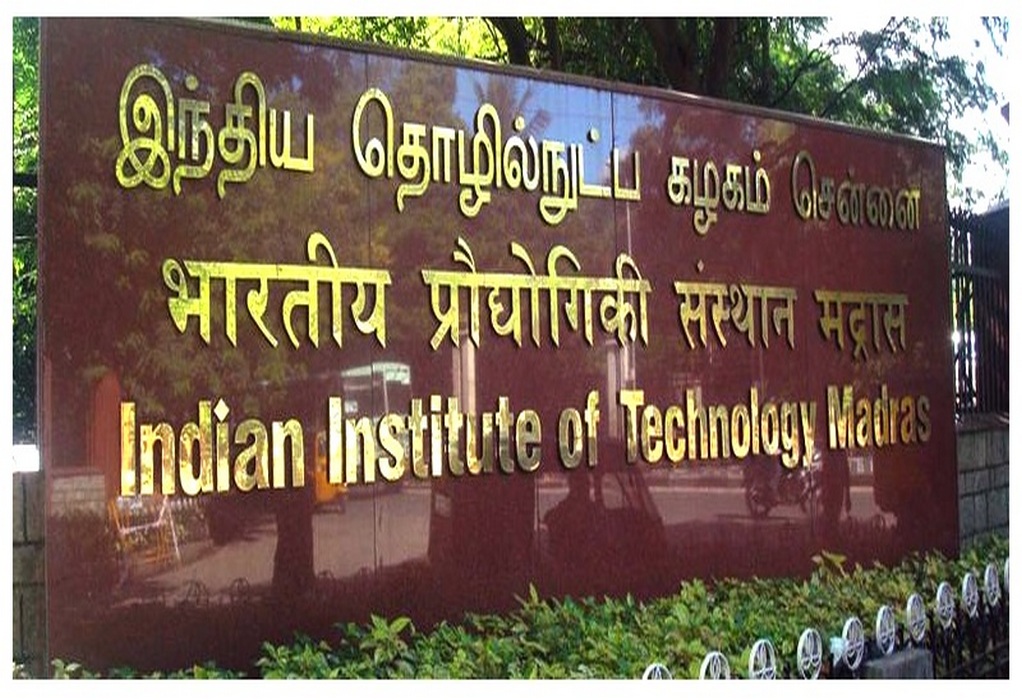As carbon-intensive petroleum-derived fuels pose serious climate risks to the planet, turning to biomass to derive fuel makes sense but not in the conventional sense of directly burning wood, cow dung cakes, and coal, but as a source of energy-dense fuel.
Now a team of researchers at the Indian Institute of Technology (IIT) Madras is employing Artificial Intelligence tools to study the processes involved in the conversion of biomass to gaseous fuel.
While models are being developed all over the world to understand the conversion of biomass into fuels and chemicals, it is a time-consuming process. Artificial Intelligence tools such as Machine Learning (ML) can hasten the modelling processes. “There is an urgent need to train the next generation of engineers on high-performance computing and machine learning skills so that they can address some of the biggest challenges before us, such as developing zero-emission technologies to tackle climate change. This work is one such example,” said Himanshu Goyal, Assistant Professor, Department of Chemical Engineering, IIT Madras, in a statement.
The researchers have used an ML method called Recurrent Neural Networks (RNN) to study the reactions that occur during the conversion of lignocellulosic biomass into energy-dense syngas (gasification of biomass).
Niket S Kaisare, Professor, Department of Chemical Engineering, IIT Madras, explained, “The novelty of our ML approach is that it is able to predict the composition of the biofuel produced as a function of the time the biomass spends in the reactor. We used a statistical reactor for accurate data generation, which allows the model to be applied over a wide range of operating conditions.”
The study has been detailed in the peer-reviewed journal Reaction Chemistry and Engineering.
Researchers all over the world are finding methods to extract fuel from biomass such as wood, grass, and even waste organic matter.
The current availability of biomass in India is estimated at about 750 million metric tonnes per year. In this context, biomass-derived fuel such as this becomes particularly relevant to India. It can help the country in attaining fuel self-sufficiency.
Apart from biomass-biofuel conversion, the team also applied AI tools for socially relevant and environmentally beneficial processes such as carbon capture (the capture of CO2 to prevent climate change) and the electrification of the chemical industry.
Source: Outlook India
Tags: AI tools, Biofuel, Biomass, IIT Madras



Recent Posts
Goltens Partners with Orcan Energy to Expand Marine Waste Heat Recovery Solutions
NWSA Launches First Incentive Program for Zero Emission Trucks in Washington
IHI and Vopak Partner on Ammonia Terminal Development in Japan
Chimbusco Pan Nation Completes First B30 Marine Gasoil Delivery in Hong Kong
ITOCHU Announces Newbuilding Order for Ammonia Bunkering Vessel
India Launches Incentive Scheme for Electric Trucks under PM E-DRIVE Initiative
Royal Caribbean Welcomes LNG-Fueled Star of the Seas to Its Fleet
Swire Shipping Launches ‘Voyage to Zero’ to Help Customers Cut Scope 3 Emissions Swire